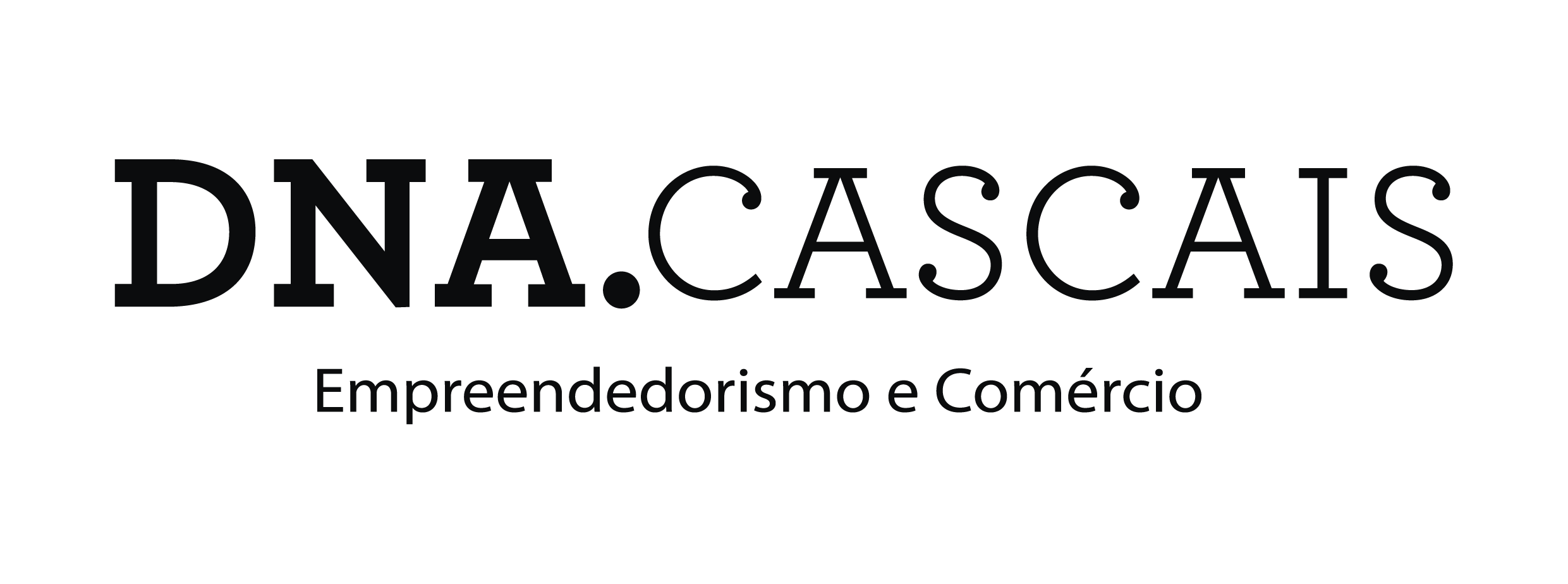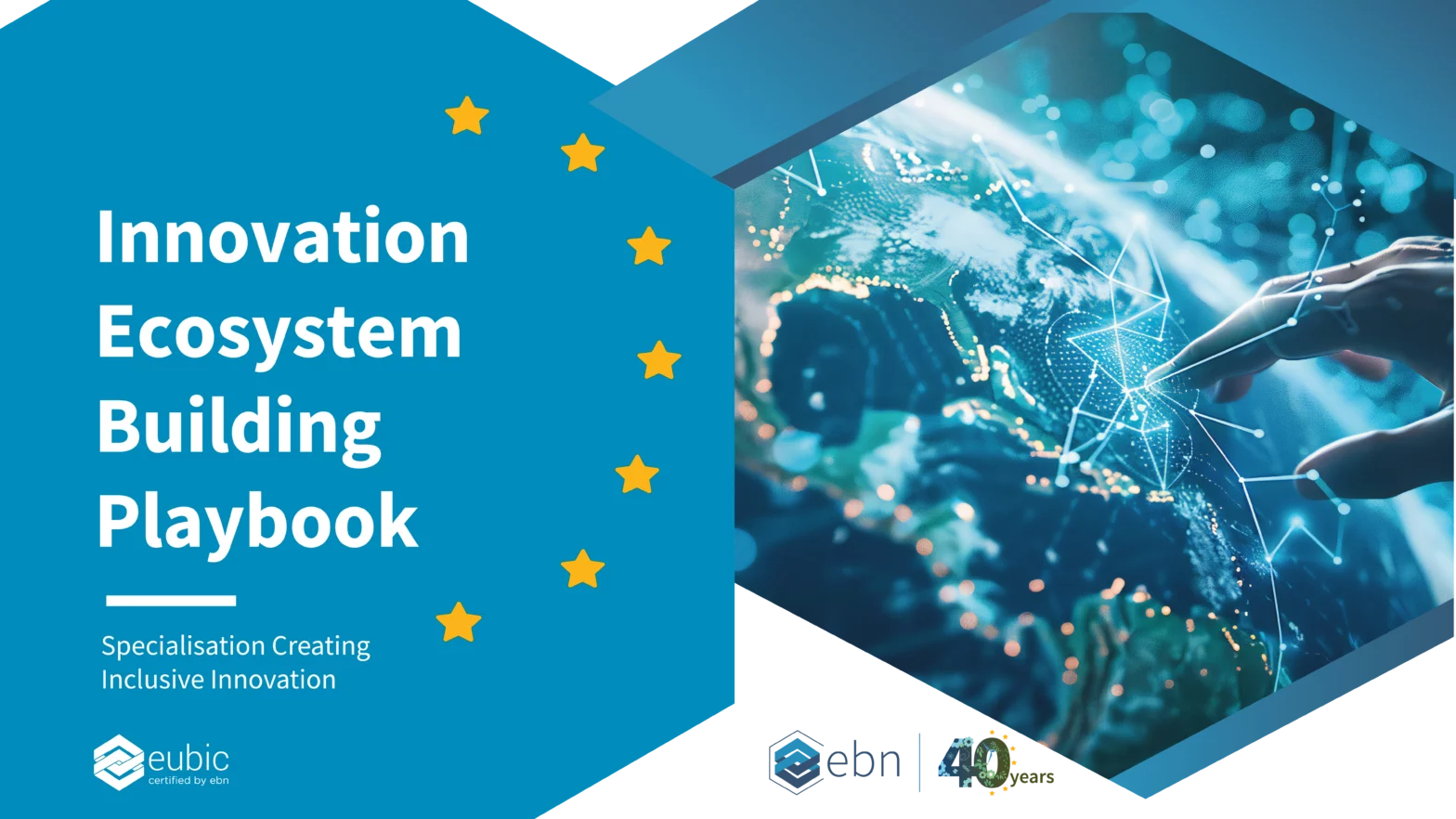FOSTERING YOUNG ENTREPRENEURSHIP

Why do you consider that an EU|BIC should work on developing entrepreneurship culture, working with young entrepreneurs?
In an economy oriented to be smart, sustainable, and inclusive, itis essential to ensure employability, productivity, and social cohesion levels, assuming entrepreneurship and encouraging young people to take initiative and play a key role in leveraging national and local economies. Entrepreneurship cultivates innovative talents, which are an important driving force for future development.
Entrepreneurship is more than the act of creating a business… it is an attitude, a new look at the world, one that is rooted in knowledge and innovation, and in the implementation of initiatives that generate value.
Entrepreneurship and decision-making skills are essential in today’s society, as it allows individuals to be able to be adaptable and resourceful. Reinforcing entrepreneurial education in schools will have a positive impact on the entrepreneurial dynamism of our economies.
Entrepreneurship education increases the chances of successful startups and helps businesses to become more innovative and more competitive, since they benefit from having access to young entrepreneurs. It is essential that entrepreneurship education projects are implemented since the first school years and carry on throughout the academic career of young people.
PROCESS
Which are your flagship initiatives around young entrepreneurship? Which steps, phases, ingredients you consider that are the most important in the process of structuring a young entrepreneurship programme?
DNA Cascais Agency has Youth and School Entrepreneurship as one of its main lines of action, working with students and schools thoughout the county on entrepreneurial projects that aim at the development of new attitudes among young citizens. These programmes target different education levels ranging from Basic Education, Vocational and Professional Education to Secondary Education.
DNA Cascais Entrepreneurship Program is one of the largest education programs for entrepreneurship in Portugal, with the main objective of eliminating some of the gaps in the Portuguese educational system, preparing young people for the labour market, instilling them with an entrepreneurial attitude, as well as equipping them with other business competences.
The program offers young students a set of personal tools that allow them to develop a entrepreneurial mindset and a multidisciplinary vision, which helps them to define and achieve their life goals.
The program DNA Cascais Entrepreneurial Schools works directly with students in the creation of entrepreneurial projects, with a focus on students receiving constructive feedback and being given the opportunity to showacase their decision-making skills. This work is carried out through sessions that appeal to students’ creativity and pushes them to make extensive use of their critical thinking skills. This model promotes greater self-awreness among teachers and students.
This project has been running for 15 years in the schools of Cascais and has been looking since its inception to present a transversal character, both in terms of the age groups involved, and in its adaptation to the different areas of education.
Regarding to the age groups covered, and the DNA Cascais Agency being an entity that promotes the entrepreneurial spirit, it was understood that this entrepreneurial spirit must be instilled since a very early age.
The program is based on the principle of assuming entrepreneurship as an essential competence that contributes to the development of the Community by assuming itself as an agent of social change.
The methodology developed by DNA Cascais in its Entrepreneurial Schools program is based on 5 fundamental pillars, which underpin each of the projects that are being developed under the program:
-
Dynamic: Based on diverse and appealing methodologies;
-
Collaborative: Promote the development of group activities;
-
Interactive: Facilitate cooperation between the student and teacher, making the student a generator of knowledge;
-
Integrated: Develop entrepreneurial skills;
-
Continuous: They are translated into an evolutionary process throughout all levels of education.
In order to foster innovation and cooperation between public and private sectors, as well as to increase its competitiveness, the programs are developed considering an extensive network of partners: Cascais Municipality, Science4you, Junior Achievement Portugal, Chamber of Commerce from Cascais and Europeia University, among others.
Considering the benchmark of competences to be developed in the context of the entrepreneurship education programs presented by the European Commission in the report 'Entrepreneurship Education at School in Europe' the program Cascais Entrepreneurial Schools intends to work towards providing students with the following competencies:
Understanding Entrepreneurship
How to identify opportunities and create solutions; to know processes of innovation and creativity; Know the different phases of the entrepreneurial process; Understand how the economy works; Understand how the labor market works; Financial Literacy; Social Responsibility and Ethics in organizations.
How to have an entrepreneurial attitude
Sense of initiative and ability to reach goals; Motivation, persistence and commitment; Creativity, curiosity and tolerance; Self-confidence; self-efficacy and self-awareness.
Entrepreneurship skills
Planning and Organization; Lead and Delegate; Communication and evaluation; Identify risk and take responsibility for actions and decisions; Ability to work in a team and autonomously; Ability to identify strengths and weaknesses; Connect ideas and creative problem-solving skills; Commitment and ability to mobilize commitment; Risk mitigation; Divergent thinking.
IMPACT
What is the current impact of the young entrepreneurship programmes locally for your EU|BIC ecosystem (universities, school, students, financiers) How can it be replicated at EBN level ?
The entrepreneurship education programme has offered over the last 15 editions of the project, opportunities for more than 58,000 students to take part in these journeys for a better future.
Throughout its editions DNA program Cascais Schools Entrepreneurs has trained 387 teachers, reaching more than 50 schools in Cascais.
It is important to create a system that considers entrepreneurship and innovation as one of the pillars of the school. To support schools in this process, it is necessary to create comprehensive and appropriate tools that can function as practical guides to promote Innovation and Entrepreneurship, as well as to develop strategies that o involve students and other relevant school actors. This was the purpose that led DNA Cascais, together with four other partners to create the project 'Network of Entrepreneurial Schools' (NES) and develop the Scale of Reference for Entrepreneurial Schools.
The Scale Reference is a self-assessment practical tool that can be used as a benchmark for schools wishing to understand how they can promote innovation and foster an entrepreneurial mindset in the school ecosystem.
Meanwhile, NES is a learning community of Schools, Municipalities, Local Development Agencies, and promoters of entrepreneurship education projects that seek to improve educational practices and promote an entrepreneurial attitude within the school ecosystem.

Pedro Lourenço
Project Manager Entrepreneur Support







